What Does It Take to Become an Astronaut?
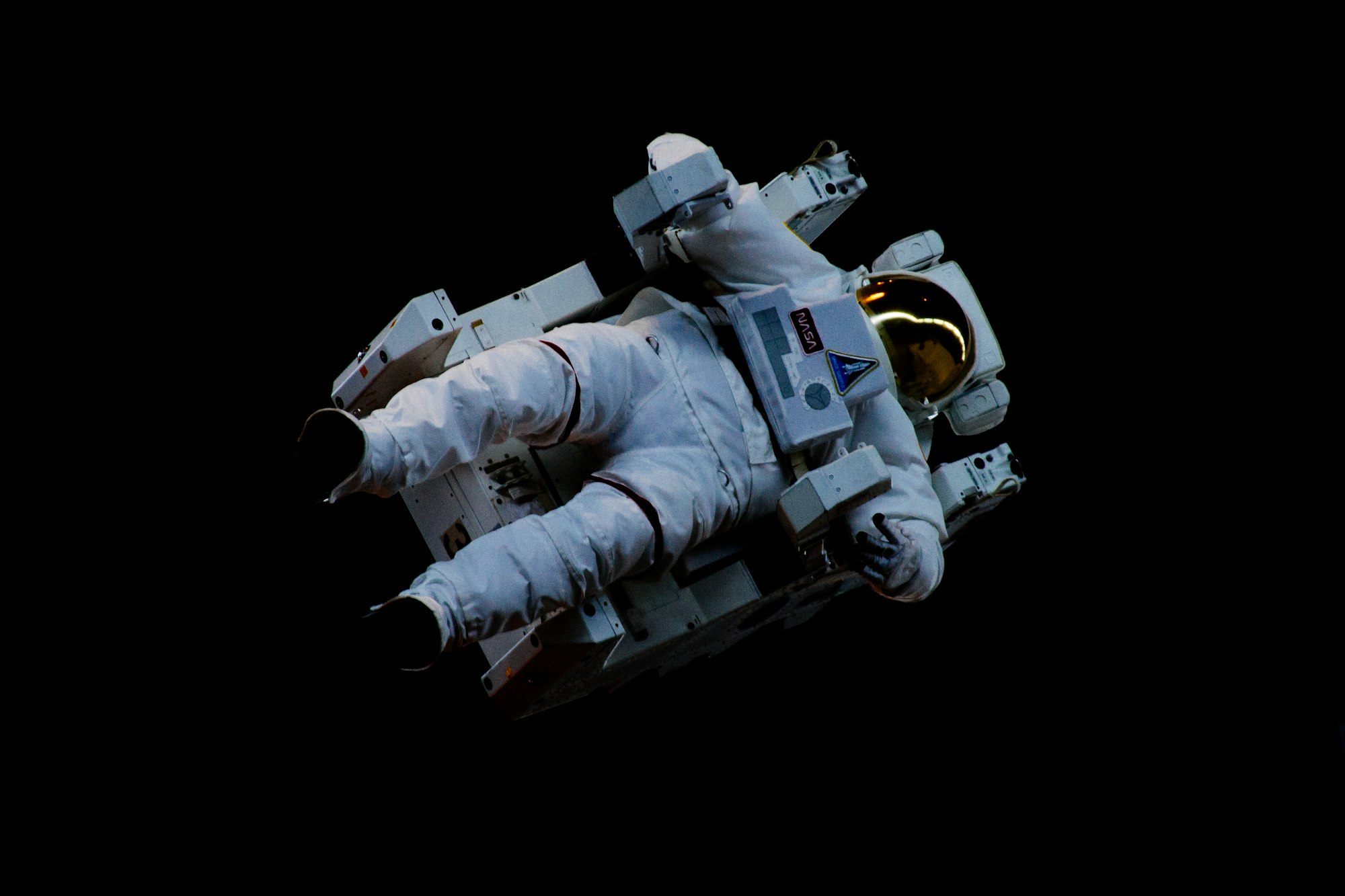
2024 is well under way, I just had my birthday a few days ago and I’m more excited than ever to continue chasing this goal of becoming an astronaut and seeing where it might lead. A massive struggle I’ve had on my journey so far is figuring out what the steps to become an astronaut might be for someone in my position, because the background experience for people in this profession can be so diverse.
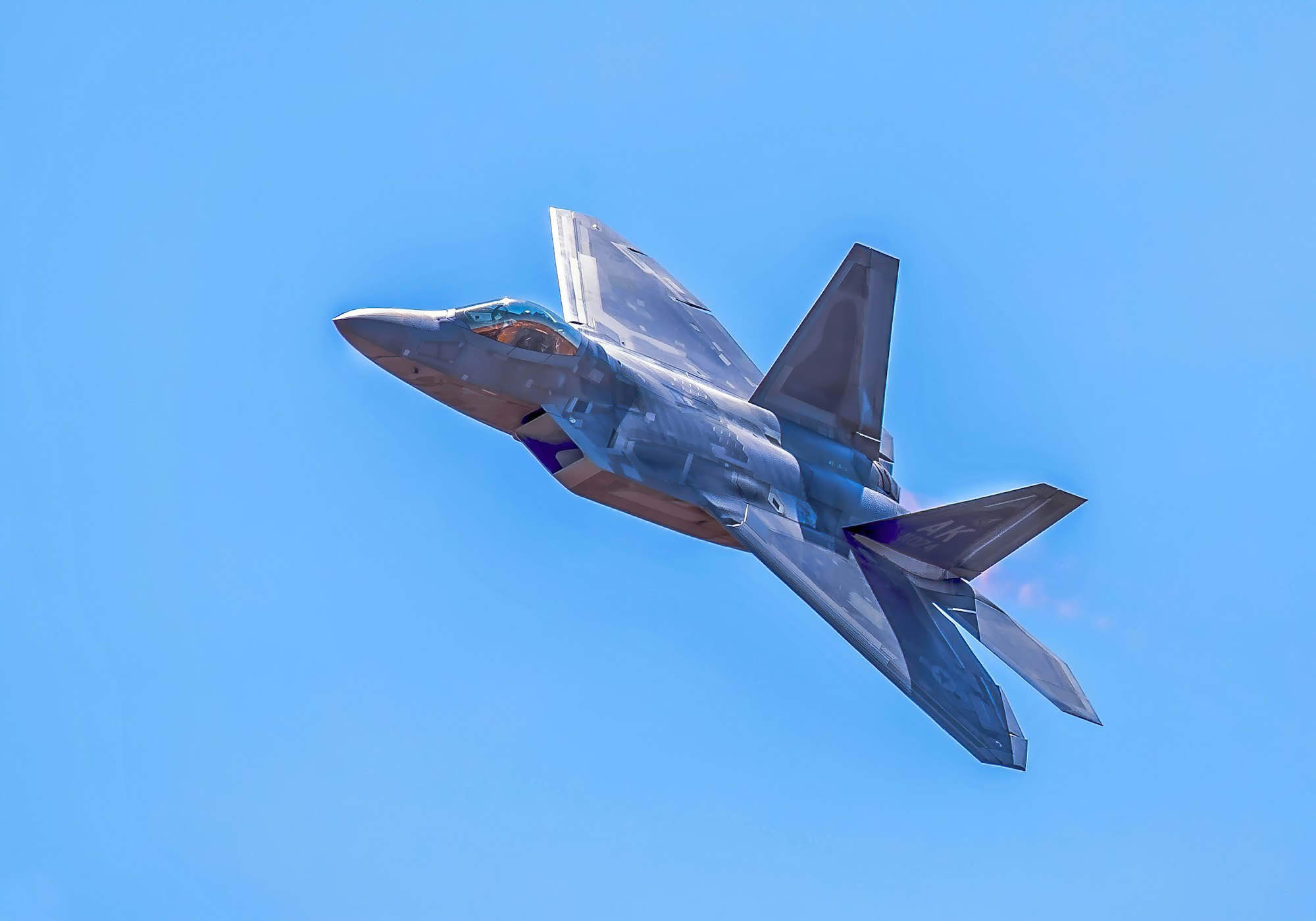
In the past, it used to just be people from military backgrounds or test pilots, but that’s since expanded to researchers, medical professionals and even just people who have the money to pay for themselves.
If you're also interested to see what it takes to make that dream a reality, this post covers the basics of the qualifications and skills necessary to become an astronaut - as well as the mental and physical requirements. I'm hoping to recap the requirements, and then continue to write on the steps I'm taking towards the goal.
Understanding the Role
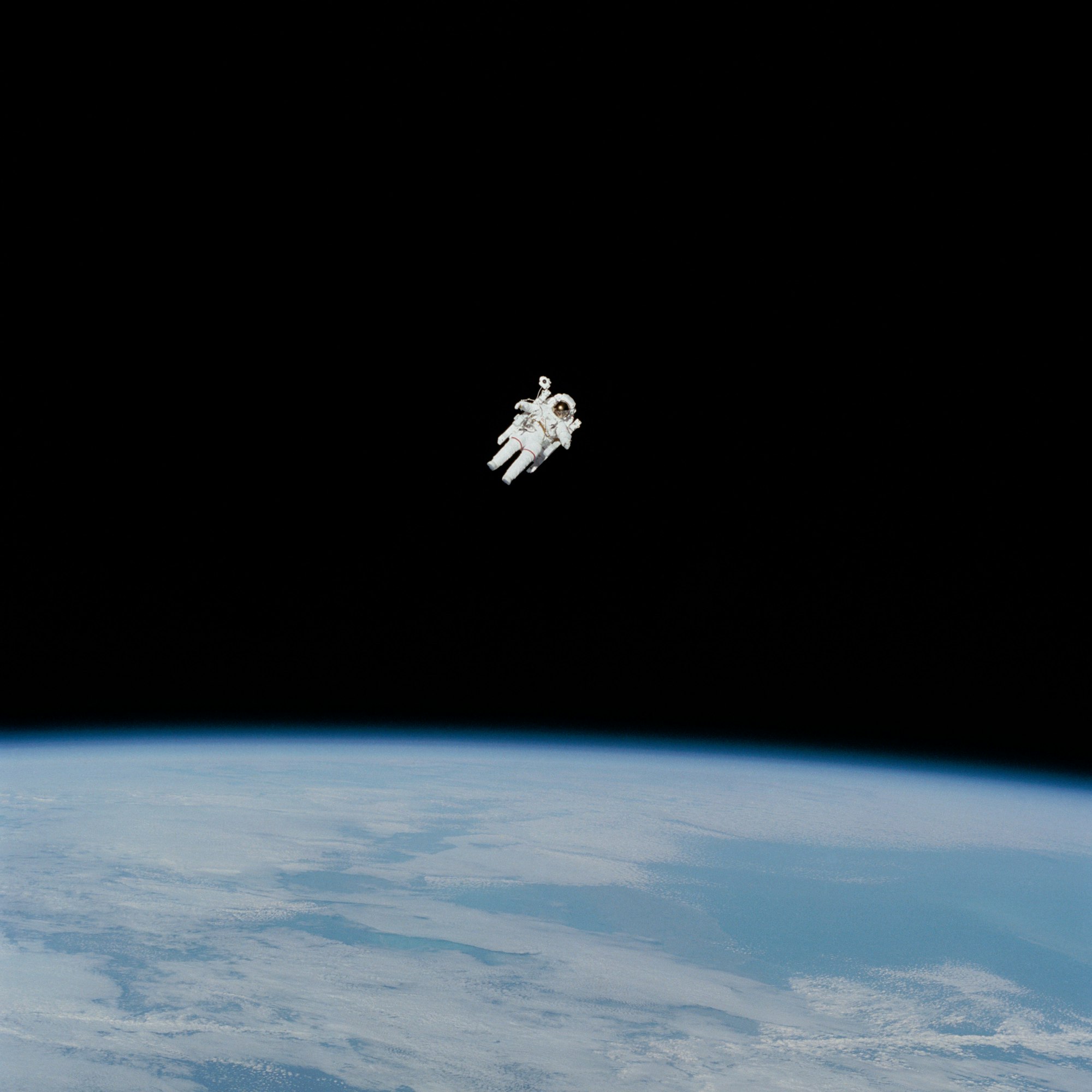
For the most part, everyone understands what being an astronaut means - the job itself is defined by movies, tv shows and documentaries that recount the greatness of these explorers who left the Earth to live for days or months at a time in space.
But becoming an astronaut is actually a very human thing, and a big part of my journey so far has been bringing the dream of achieving something like this down to reality. Astronauts are humans, just like anyone else - people with defined skillsets, abilities, values and beliefs. And that led to my first thought - if I want to become one...I should go about finding what those things are, and acquiring them in my own way.
My first point of call was to visit the popular sites, places like the NASA website, UK government site and the European Space Agency’s Astronaut handbook, and from there, I moved on to find more specific resources. I'll link all of them below:
Digging deep to find the specifics of the role uncovered a lot about how it's presented to the public. Since being an astronaut is such a popular aspiration and attraction, a lot of the specifics can get lost between vague inspirational statements, whether they're directed at younger audiences or just encompassed by very sweeping clauses like 'make sure you do well in school'. While a lot of it can point you in the right direction, I realised to really be serious about this mission, I'd have to continue nailing down what exact steps it would take someone in my position to get there.
The Typical Role of an Astronaut
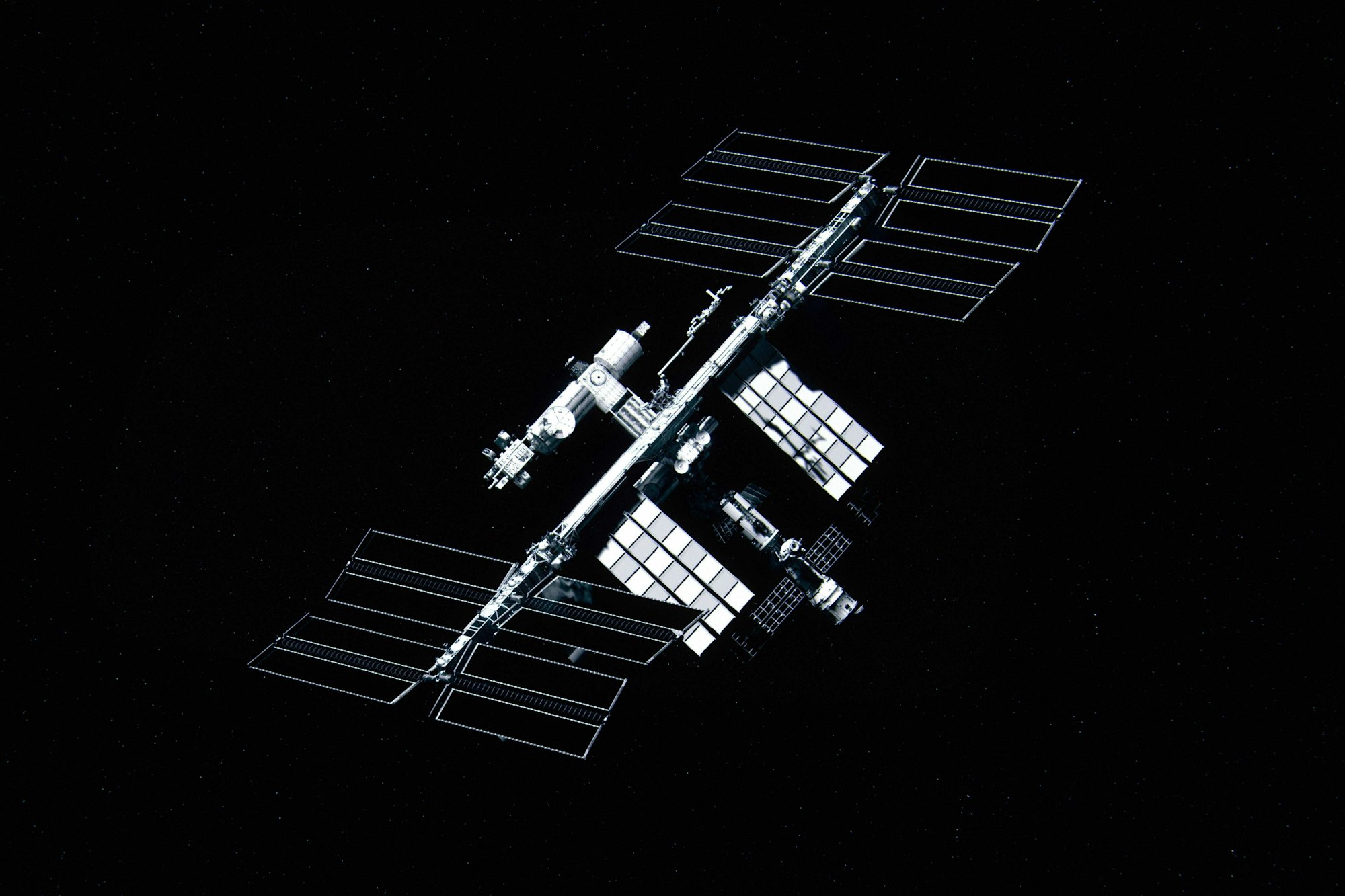
Quoted from the ESA's website (link):
European astronauts currently participate in long-duration missions on the International Space Station, performing experiments in microgravity and operating the Station's systems. They assemble, activate and test new Station elements, undertake scientific research, perform spacewalks beyond the Space Station and act as test subjects in life sciences experiments.
The role of an astronaut is constantly evolving. In the future, astronauts must be prepared to venture farther from Earth as ESA participates in human and robotic missions to the Moon, and agencies work together to establish a sustainable lunar presence and look ahead to Mars.
From just this extract, we can gather a few things.
- Being an astronaut requires a fundamental understanding of a variety of scientific fields, most notably engineering
- Astronaut's jobs involve a fair bit of physical exertion, carrying out spacewalks and acting as test subjects for experiments themselves.
- Astronauts are required to perform science experiments in space whilst operating the space station's systems (assuming the mission is to the International Space Station)
- A decent bit of what we THINK astronauts will be tasked with doing may change in the future, with new missions going beyond the ISS. With the ESA's plans to construct a Lunar Gateway for future missions to the Moon and Mars (see below) the exact specifics of missions may change.

So what are the specific tick box requirements? Depending on which space agency or company you go through nowadays, requirements vary, but most are agreed on a few key things for career astronauts.
The Physical Tick Box Requirements
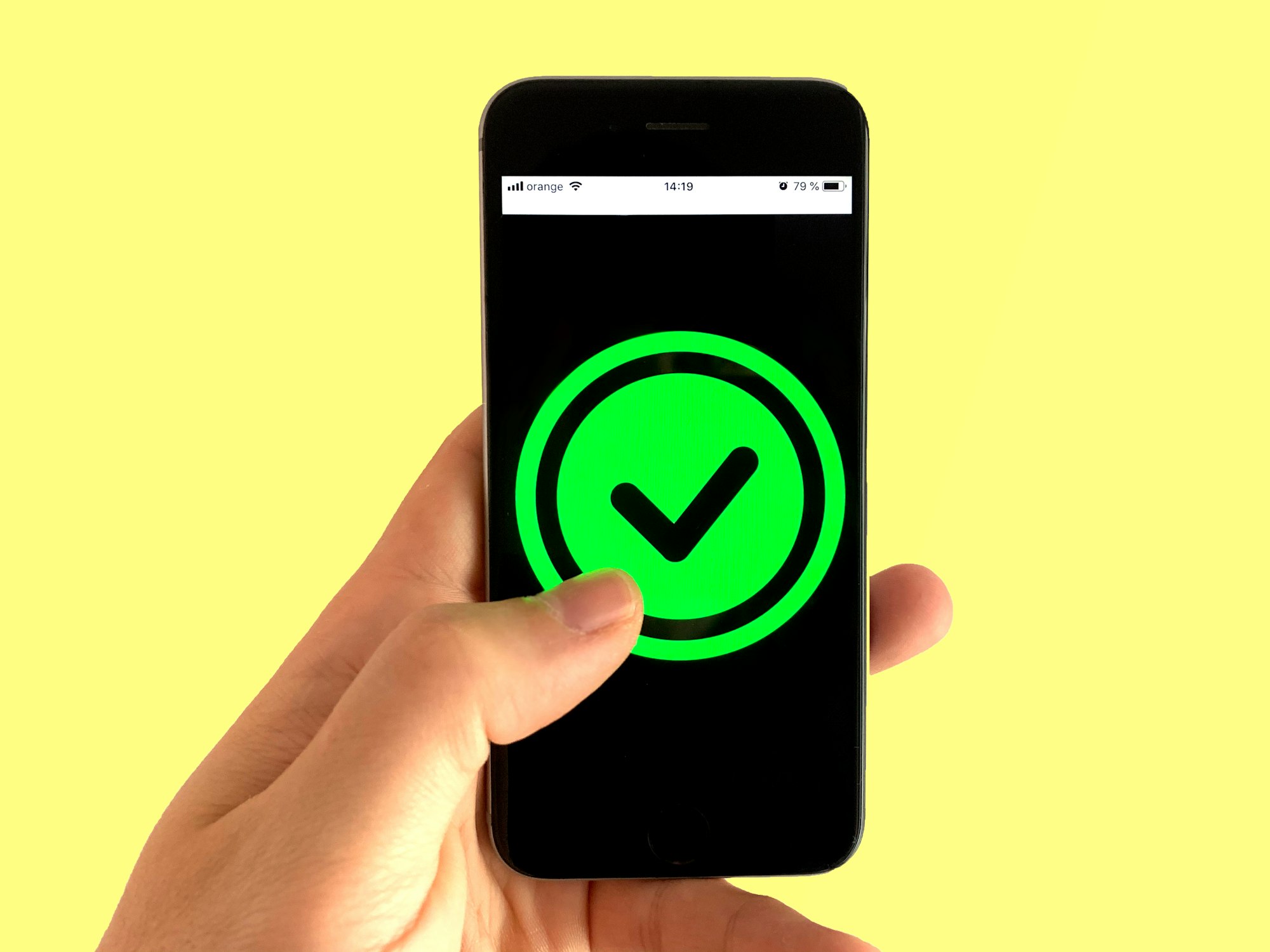
As mentioned, being an astronaut isn't just about academic prowess - it also demands a high level of physical fitness. Astronauts often endure long periods of isolation and confined living conditions, and with the combined effect of microgravity on bodily systems (muscle and bone density loss to name a few) it means they need to have the physical strength to handle the challenges of space travel before they are selected. These are the most basic things that are taken into consideration:
- Height: A height between 150 and 190 cm, or around 4'9" to 6'2" (though this can vary depending on the size and capabilities of the launch vehicle, and opportunities are also given to candidates who fall outside this range - just on a rarer basis)
- Weight: A Body Mass Index (BMI) in the Normal range, as defined by the World Health Organisation
- Sight: Visual acuity in line with the requirements for private pilots (in other words, correctable to 20/20 through glasses, contact lenses or surgery)
- Hearing: Hearing capacity of 25 dB or better per ear, to ensure accurate communication over devices and in noisy environments
- Age: There are no explicit age restrictions in some agencies such as NASA, where astronaut candidates selected in the past have ranged between the ages of 26 and 46, with the average age being 34 - so being in this range will likely help your chances. The ESA sets an age limit of 50 for all astronaut candidates to be considered.
- Joint functionality: To be considered, candidates have to have the normal range of motion and functionality in all joints (though this doesn't apply to candidates who go through physical disability vacancies, which are available - just last year I learned of John McFall, who will be the UK's first para-astronaut!)
- Medical Certification: in line with all of these, astronauts are also expected to be medically fit to perform the duties of a private pilot (though the actual training to become a pilot isn't listed as a core requirement, as I'll mention later). This means that all candidates need to have been issued a Class 2 medical certificate by an Aviation Medical Examiner (or AME). It's around a 1-2 hour process that involves a full check of your physical fitness.
Physical Testing Requirements
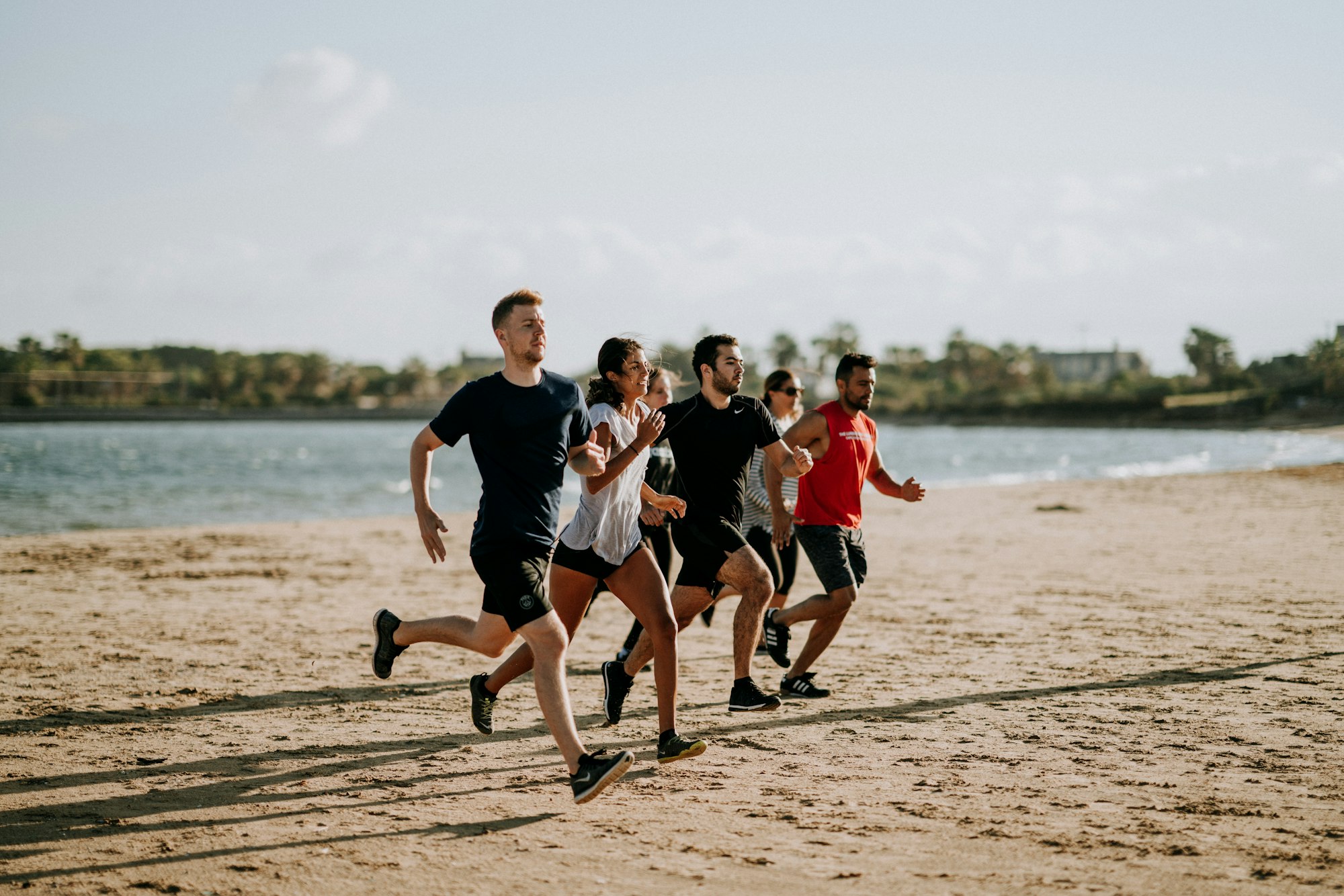
The ESA's Astronaut Handbook also helped me to lay out some of the tests astronaut candidates go through when being chosen:
The duties of an astronaut require moderate to arduous physical exertion involving walking, running, standing, crouching, crawling and potential exposure to inclement weather. Therefore, astronauts need to be willing to perform arduous physical activities as part of their duties.
Astronaut candidates are required to be proficient swimmers, runners and potentially climbers. This requires proficiency in strength, cardiovascular fitness and flexibility - and their training duties require a lot of work in different environments. To name a few:
- Flight operations on parabolic aircraft to simulate microgravity - which astronauts need to be prepared for
- Underwater training for extended periods of time (up to 8 hours a day) using SCUBA gear, an Extravehicular Mobility Unit (EMU) or Russia's Orlan suit - in other words, a space suit.
- Performing tasks in a multi axis trainer and human centrifuge, which simulate the effects of g force and disorientation felt during space travel.
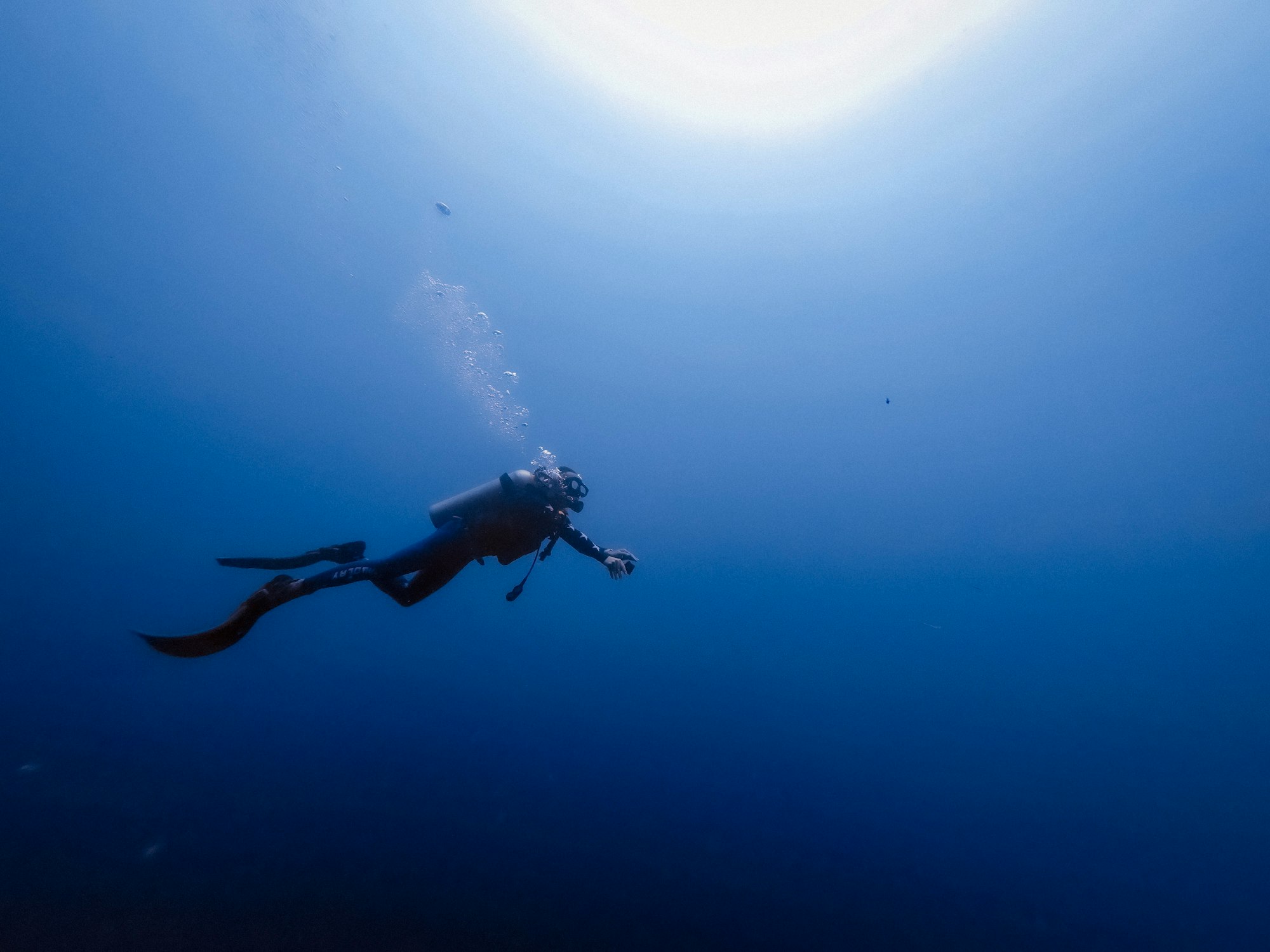
While I couldn't find much more specifics than this on what underwater, microgravity or centrifugal/multi-axis training might involve, I noted it for later.
Mental Requirements
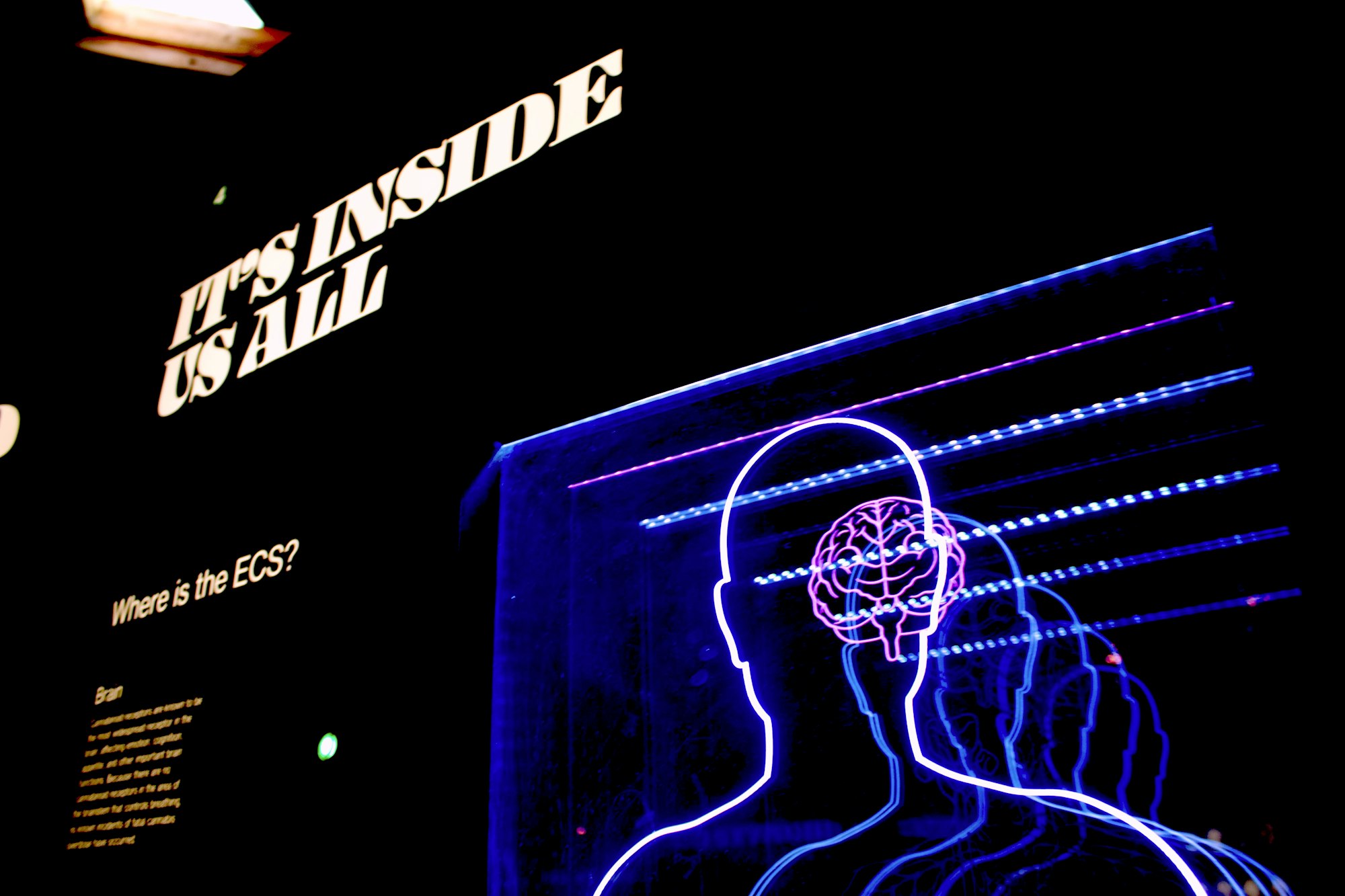
This was a topic where the requirements became a lot more vague - mainly due to the fact that mental requirements encompass psychological traits as well as testing of mental capabilities - and also due to the fact that the way in which you can fulfil these requirements is so diverse. Whether it's through academia, military training or going on expeditions across the world, previous candidates have shown these values in a number of ways.
The actual astronaut selection process tends to involve a particular focus on psychological health, using psychometric testing in many of the selection stages. With a medical screening based on international standards for long missions in space, a lot of the screening can involve looking for mental disorders, capability of dealing with isolation and other factors.
In terms of core personality traits and mental proficiencies, there are a number that are listed. Here are some that I've found to be repeated in documents:
- Teamwork: (quoted from the ESA:) "it's paramount that astronauts work well in a team, even in confined spaces and under stressful conditions. Therefore, it is considered an asset if applicants have already had opportunities to support effective teamwork and reach challenging group objectives." This is especially true for working with people from different backgrounds, where language and cultural barriers also come into play.
- Risk management: "Space travel is associated with many risks and dangers. Therefore, it is considered an asset if applicants have had to experience activities associated with personal exposure, which required from them a sound risk management capability."
- Leadership Skills: being able to lead a team is just as important as being able to work effectively in one. Often times, roles will shift, but it's very necessary for potential candidates to be comfortable fitting into a variety of roles, including setting the example for their team.
- Decision Making: being able to make decisions quickly and effectively in the high stress environment of space can often be mission critical.
- Coordination: being able to coordinate and perform a variety of activities in a short period of time, as well as rapidly assimilate and synthesise complex information.
- Lifelong Learning: Astronaut training involves absorbing a lot of information at once, and then putting it into practice in a short amount of time. Astronauts are lifelong learners, always preparing for the next mission, or putting their previous knowledge to practice.
- Dexterity: especially during extravehicular activities when you need to be in a space suit or EMU to stay alive, dexterity during spacecraft operations can be hindered - so it's important to maximise it before going up.
- Attention to Detail: a quote I keep coming back to from Chris Hadfield's book 'An Astronaut's Guide to Life on Earth': sweat the small stuff. Being an astronaut requires being prepared for every eventuality, and so attention to the smallest details is essential.
- Ability to Work Well Under Pressure: without a doubt, space is a harsh and unforgiving environment. With the risk to human life, being able to work well under pressure is paramount, so you can react to the potentially harmful situations that can arise.
- Patience: the road to becoming an astronaut is long and difficult, but more than anything, it is a marathon, not a sprint. Patience is probably one of the more necessary traits to have, in order to sustain effort towards the dream.
- Communication: Not only for teamwork during space missions, with fellow astronauts and ground control, but also on Earth: astronauts are tasked with representing what it means to conduct space exploration, and so a lot of their work involves talking to the public about what they do.
- Motivation: the workload for an astronaut candidate or astronaut is very high. Working hours can be very irregular, and you have to be flexible travelling away from home and family for extended periods of time. More than anything, this all takes a lot of motivation.
Career Experience and Qualifications
Depending on the agency or company, there are a number of career qualifications that come into play when selecting astronaut candidates too. Each agency has its own set of criteria, based on their unique mission objectives and operational needs. I've broken them down between the European Space Agency and NASA here (it's also worth noting that the UK Space Agency follows ESA regulations on astronaut selection):
NASA:
- Candidates must be U.S. citizens (though exceptions are sometimes made for international collaborations)
- You must have a Master's degree in a STEM field (science, technology, engineering or maths) or qualify with a doctoral degree or completion of a nationally recognised test pilot program.
- NASA asks for 2 years of related professional and progressively responsible experience in an industry, or alternatively, 1000 hours of pilot-in-command time in a jet aircraft.
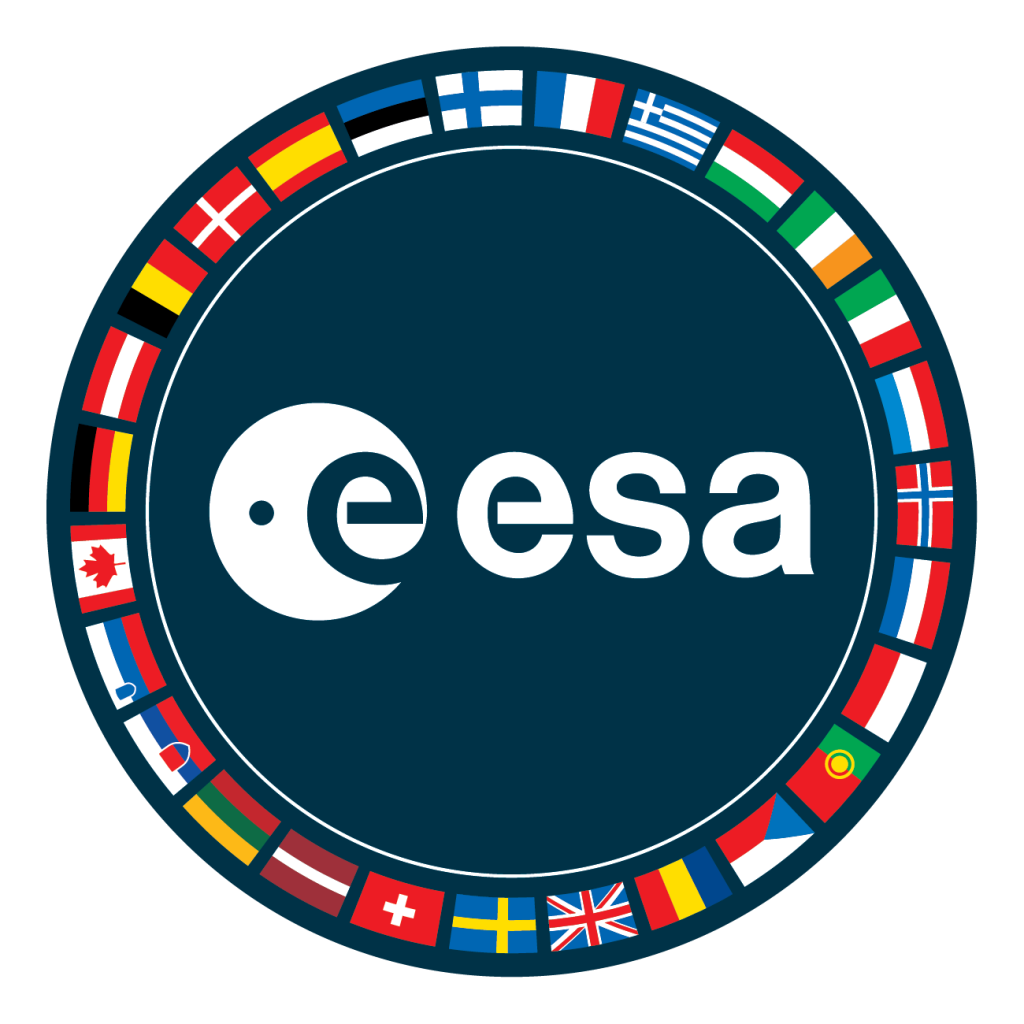
ESA:
- ESA Astronaut Candidates must have citizenship of a member state.
- The ESA asks for a Master's degree in natural sciences, medicine, engineering, mathematics, or computer sciences. They also accept a degree as an experimental test pilot or test engineer from an official experimental test pilot school.
- They require at least three years of relevant postgraduate professional experience. Flight experience is considered an asset but isn't mandatory.
- They place strong emphasis on linguistic skills. Proficiency in English is a must, and knowledge of other languages, particularly Russian, is considered a plus, given the agency works with a variety of member states.
Additional Skills
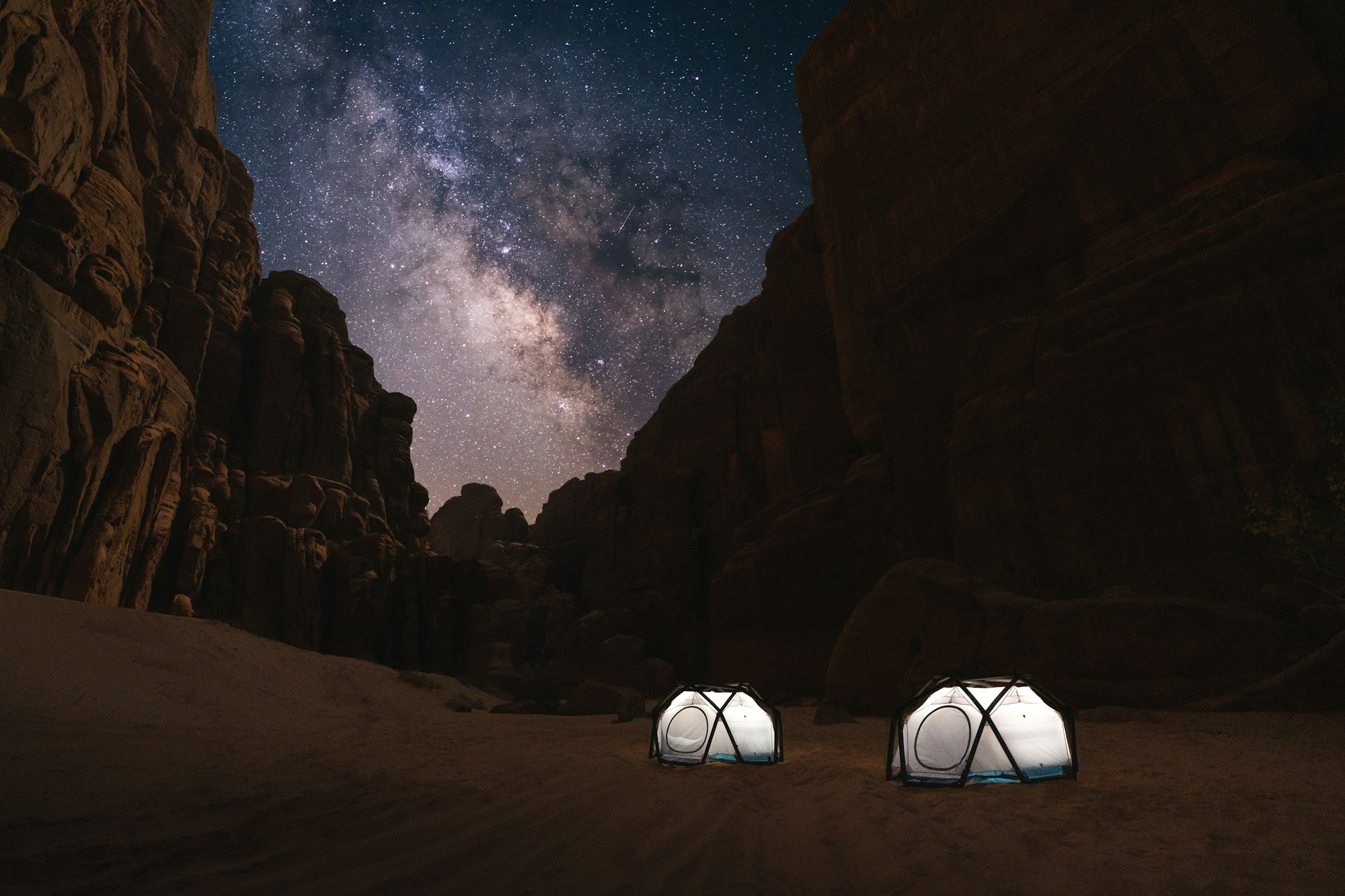
And to top it all off, astronaut candidates are also tasked with training for a variety of other skills that prove useful in missions later on. These include operational skills, like handling equipment and conducting repairs, medical skills for emergencies that may occur in space, wilderness survival training, flight training, knowing specific languages such as Russian (the second official language of the International Space Station) and serving as ambassadors for space exploration, which involves communicating their experiences to the public.
The Long Road Ahead

Ultimately, it can be easy to be intimidated by all the hoops that you have to jump through to get to a career such as the one described. But, like I mentioned before, I think more than anything the deciding factor to achieving what you want, not only in this career, but in life, is motivation. I continue to feel pulled towards this dream, and so I'm doing what I can to take steps towards it. Hopefully this was interesting to you, or proved useful!
If you've read something on here and loved it, or want to read more, feel free to shoot me a message on my socials:
Instagram:
LinkedIn:
The feedback helps massively. Thanks!
